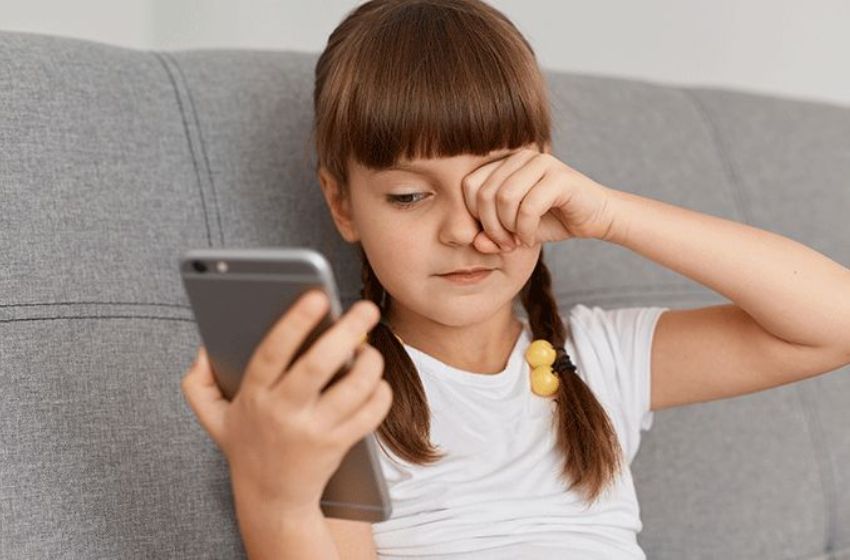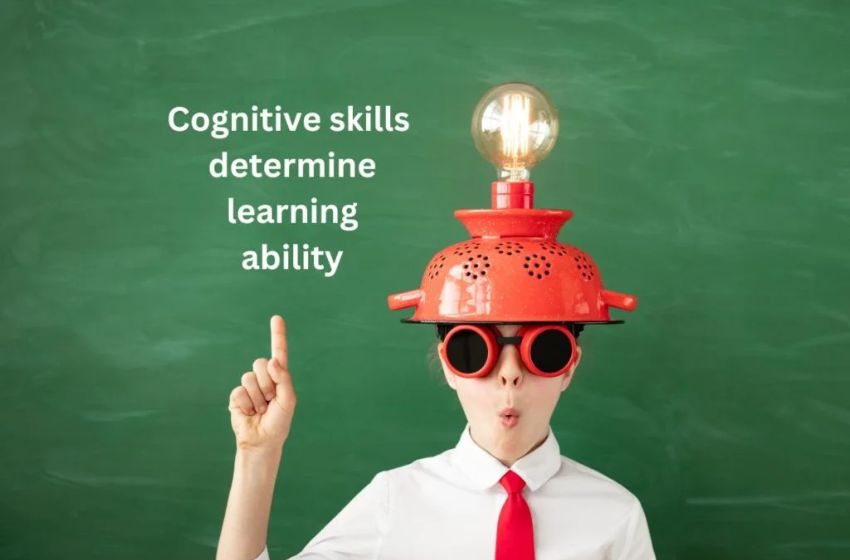Navigating the Digital Realm- Understanding the Effects of Screen Time on Children’s Mental Health

In the digital age, screens have become an integral part of children’s lives, offering both opportunities and challenges. As we witness an increase in screen time, it’s crucial to explore the impact on children’s mental health. This article delves into the intricate relationship between screen usage and mental well-being, shedding light on the nuances and offering insights for parents and caregivers.
The Digital Landscape- A Double-Edged Sword
Screens provide children with access to a vast array of educational content, entertainment, and social interactions. However, the pervasive nature of screens raises concerns about their potential impact on mental health. Striking a balance between the benefits and risks requires a nuanced understanding of the digital landscape.
Australian Guidelines on Screen Time
Australia’s Department of Health provides guidelines on screen time for children, emphasising the importance of age-appropriate limits. These guidelines serve as a valuable resource for parents seeking to navigate the digital world responsibly.
Screen Time and Sleep Disruptions
One significant concern associated with excessive screen time is its potential to disrupt children’s sleep patterns. The blue light emitted by screens can interfere with the production of melatonin, a hormone essential for sleep regulation.
Sleep Hygiene Resources in Australia
For parents seeking guidance on promoting healthy sleep habits, organisations like the Sleep Health Foundation in Australia offer resources and information. Establishing a bedtime routine that minimises screen exposure can contribute to improved sleep quality for children.
Impact on Cognitive Development
Screen time can influence cognitive development, shaping how children process information and engage with the world. Excessive use of screens, particularly during critical developmental stages, may have lasting effects on attention span and cognitive abilities.

Educational Technology in Australia
In Australia, the integration of technology in education is a growing trend. The Australian Curriculum, Assessment and Reporting Authority (ACARA) provides insights into the responsible use of technology for educational purposes, highlighting the importance of balancing screen time with other activities.
Social Interaction versus Social Media
While screens facilitate virtual social interactions, the distinction between meaningful connections and the superficial world of social media is crucial. Excessive engagement with social media platforms can contribute to feelings of inadequacy and impact children’s self-esteem.
Digital Wellbeing Initiatives
Australia’s e-Safety Commissioner promotes digital wellbeing through initiatives aimed at empowering children and parents to navigate the online world safely. Resources on cyberbullying, online etiquette, and fostering positive digital experiences contribute to a healthier digital environment.
Physical Health and Sedentary Behaviour
Extended periods of screen time often translate to sedentary behaviour, contributing to physical health concerns such as obesity and musculoskeletal issues. Encouraging physical activity alongside screen use is essential for overall well-being.
Outdoor Activities in Australia

Australia’s outdoor lifestyle provides numerous opportunities for children to engage in physical activities. Local councils and community organisations offer programs and initiatives encouraging outdoor play, complementing efforts to mitigate the impact of prolonged screen time.
Setting Boundaries and Establishing Healthy Habits
Parents play a pivotal role in shaping children’s screen habits. Establishing clear boundaries, encouraging a balanced lifestyle, and fostering open communication create a foundation for responsible screen use.
Australian Parenting Resources
Parenting support services in Australia, such as Parent line and Raising Children Network, offer guidance on establishing healthy screen habits. Accessing these resources equips parents with strategies to navigate the evolving digital landscape.
Monitoring Content and Ensuring Age-Appropriate Material
Screen time concerns extend beyond the duration to the content consumed. Parents need to monitor the material their children engage with, ensuring it aligns with age-appropriate guidelines and values.
Digital Literacy Initiatives
Australia’s Office of the e Safety Commissioner emphasises the importance of digital literacy in guiding children to make informed choices online. Educational programs focus on equipping children with the skills to navigate digital content responsibly.
The Path Forward- Informed Decisions for Digital Well-being
As we navigate the impact of screen time on children’s mental health, it’s essential to approach the digital landscape with awareness and intention. By leveraging the available resources and guidelines in Australia, parents can empower their children to engage with screens responsibly, fostering a healthy balance between the virtual and physical worlds. In navigating the complexities of screen time, let us remain vigilant, informed, and adaptable, ensuring that the digital realm contributes positively to our children’s mental well-being.


